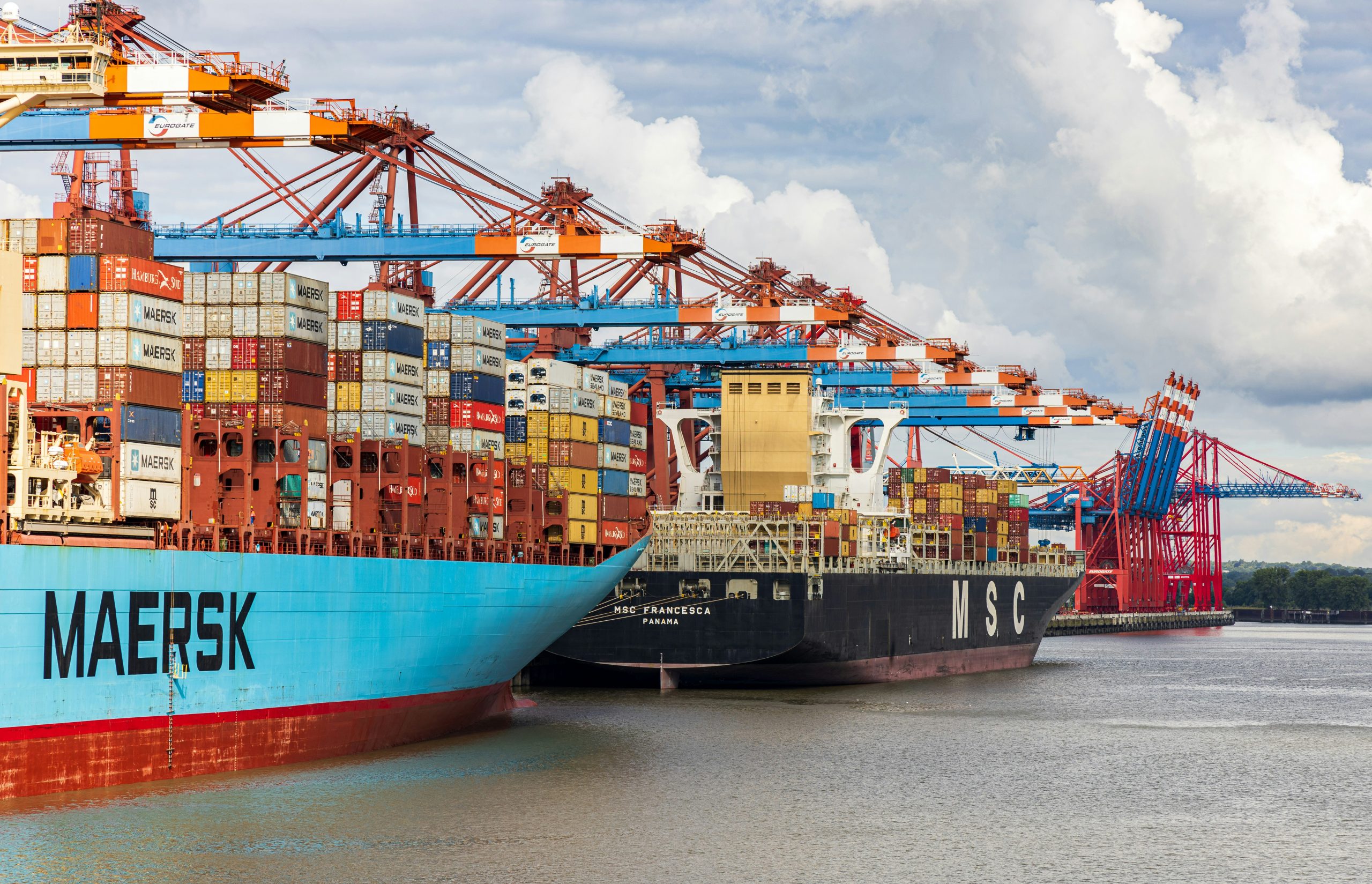A Network Analysis of the Petrochemicals Industry in Western Europe
This paper examines the role of networks in establishing and sustaining industrial sectors and clusters, the consequent behaviours of those clusters and their participants, and ultimately the implications of the extended enterprise for participants, regulators and researchers.
In the first section I reflect on the nature of network driven dynamics and explore the tools and techniques that might be used to test for them. I then investigate the testability of various theories of network-enabled sustainability and network-driven growth, innovation and information exchange. Finally I examine the implications for both research and practice.
Throughout the paper a variety of tools and techniques are illustrated with reference to a specific study of the petrochemicals industry in Western Europe. The results demonstrate that, despite being characterised as mature, the petrochemicals industry continues to evolve and its constituent companies and locations are still actively co-evolving within it. I establish the interplay between the roles of local and long-range networks for the diffusion of knowledge and innovation within the industry. The clear implication is that companies need to be well connected into the industry’s network and that this is best achieved through a diverse and disparate geographical presence.
This study demonstrates the generic applicability of network and co-evolutionary theories to an examination of industrial sectors, and tests the viability of various social network analysis tools and techniques that might be used to illustrate the associated structures and dynamics.
To read the paper, download it for free here: Distributed Knowledge and Intelligence in the Extended Enterprise: A Network Analysis of the Petrochemicals Industry in Western Europe.






